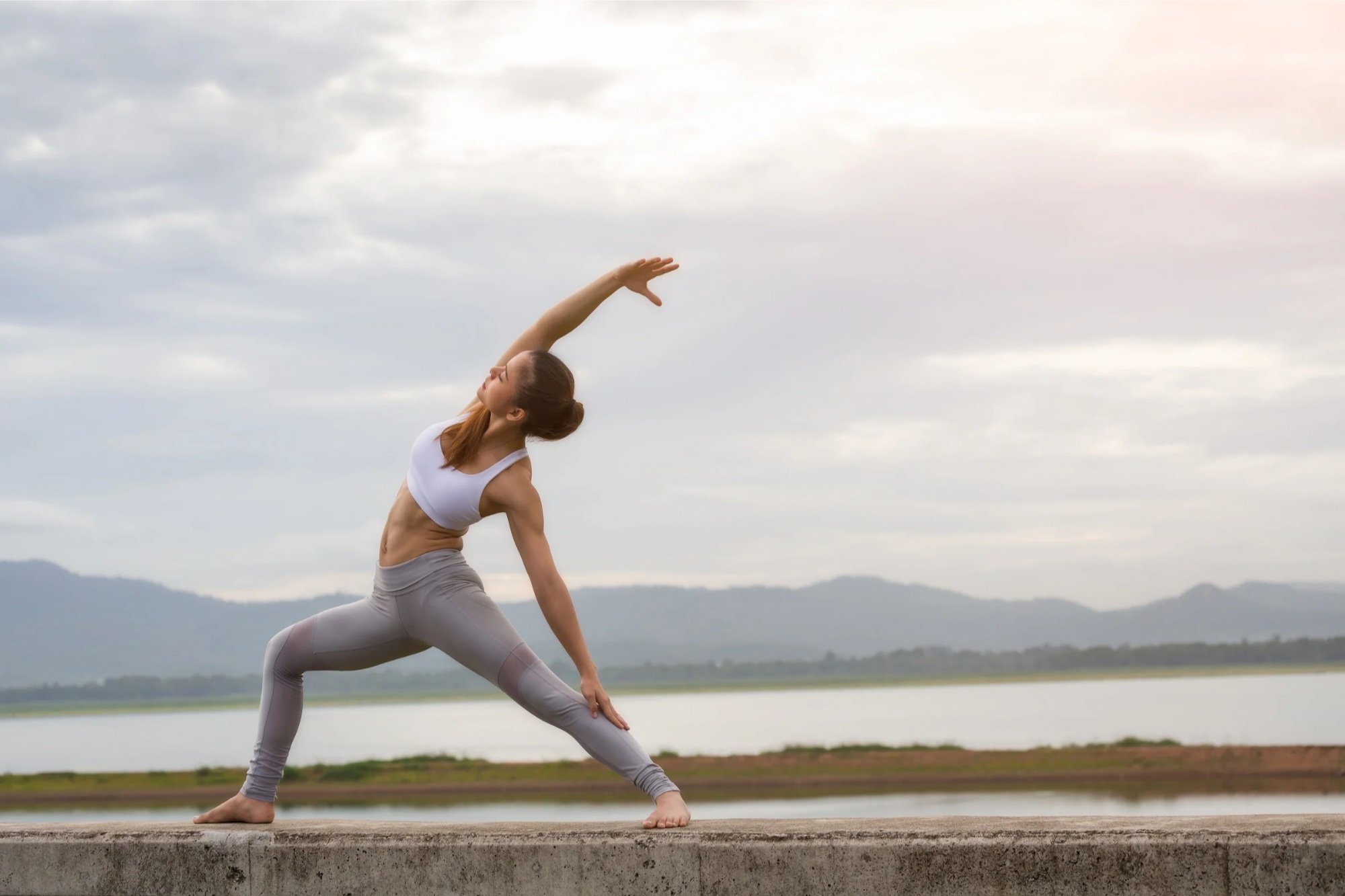Mental Health - Choose Exercise not Medicine!
According to the World Health Organization, one in every eight people worldwide (970 million people) live with a mental disorder. Poor mental health costs the world economy approximately $2.5 trillion each year, a cost projected to rise to $6 trillion by 2030. In Australia, an estimated one in five people (aged 16-85) have experienced a mental disorder in the past 12 months.
A new study conducted by the University of South Australia shows that physical activity is 1.5 times more effective than counselling or the leading medications.
Published in the British Journal of Sports Medicine, the review is the most comprehensive to date, encompassing 97 reviews, 1039 trials and 128,119 participants. It shows that physical activity is extremely beneficial for improving symptoms of depression, anxiety, and distress.
Specifically, the review showed that exercise interventions that were 12 weeks or shorter were the most effective at reducing mental health symptoms, highlighting the speed at which physical activity can make a change.
The largest benefits were seen among people with depression, pregnant and postpartum women, healthy individuals, and people diagnosed with HIV or kidney disease.
All the Physiotherapists at Chevron Island Physio are highly trained in exercise prescription. Our clinic offers exercise-based group sessions which we know first hand has helped a huge amount of clients not only with their physical health but also their mental health.
As a women's health physiotherapist & having personally felt the depletion of mental health postpartum, I know too well the benefits of being able to get outside, raise your heart rate & break a sweat & most importantly jog into a more positive & grateful mindset.
My top tips to get physically active:
1. Choose a form of exercise that you really enjoy! Dance, run, swim, play golf... it doesn't matter, as long as you get out there and do it!
2. Try exercising early in the morning before you get busy or too tired.
3. Create a habit (it takes approx. one month!). Get your exercise gear ready the night before.
4. Commit to exercise with someone else. It's much harder to cancel when you feel you're letting someone down.
5. Change your mindset, think of movement as an opportunity, not an inconvenience. For example, try to walk or cycle instead of using the car, or take the stairs instead of using the lift. When you brush your teeth, do 10 squats or while watching television, do stretches and core exercises.
6. Busy parents - Play together as a family. Go for a bike ride, play hide-and-seek, start up a backyard cricket or footy game, or take a ball or frisbee to the park. Plan family activities that involve walking (eg. wildlife parks, national park hikes, theme parks, food markets, art galleries & museums). Get the kids involved in the garden. Together, you can mow, dig, weed and plant.
7. Busy at work - Take the stairs, invest in a sit-stand desk, plan walking meetings or at least outdoor / out of office meetings, walk somewhere for lunch.
Best Wishes.
Written by Gillian Burgess
Physiotherapist
To see our Physiotherapists or book in for a Pilates consult, book an appointment with us online today or call our team on 07 55 04 7000.

